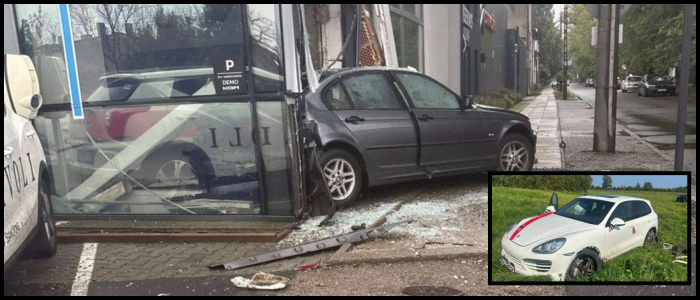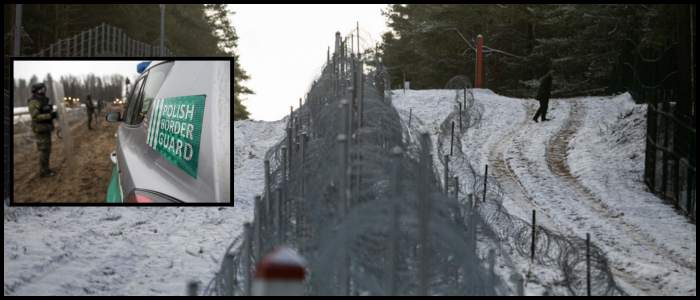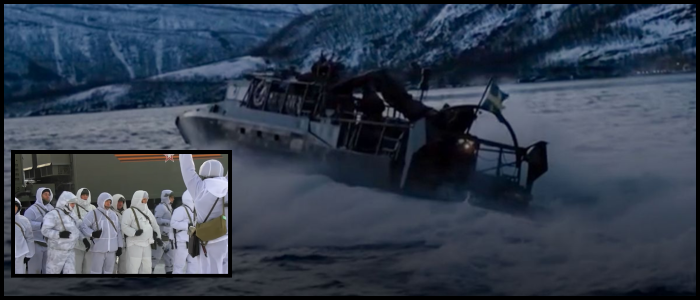In central Poland, history enthusiasts have a hit major archaeological jackpot, by finding an entire war cemetery, dedicated to the Przeworsk culture – an Iron Age people whose ethnic origins remain a mystery among scholars. The site was discovered close to the village of Zbiersk by members of the Denar Kalisz Association who found the spearhead and a disc of bronze or timber – which they initially believed was the umbo of a shield.
Excited by its find, the group said on social media: "Not one, not two graves but we found the entire cemetery! More likely from the Roman period Przeworsk culture."
Who Were the Przeworsk?
The culture of Przeworsk spread between 3rd century BCE and 5th century CE and inhabited a wide area, now in modern-day Poland and parts of western Ukraine. It is named after the town Przeworsk in South East Poland where the cemeteries are located (when it was first discovered people called the culture "Гногоєво" (Hniahniova) based after their settlement, but now it is referred to as "Przeworsk" culture due to half of the ancient sites has been found there).The Przeworsk period is also part of the early Iron Age in eastern-central Europe.
The culture is believed to have included Sedentary Vandal, Lugii and Cotini tribes, but, as there are no known historical sources on this conflict written by primary sources historians, with the exception of what Ptolemy wrote in 150 AD, the ethnicity of all of these tribes is speculative. Archaeological discoveries are often at odds with linguistic and historical records, and so multiple theories exist concerning the people's origins and their place in European prehistory.
New Insights Await
The research team hopes that the recently discovered cemetery would provide additional information about the social and warfare of the Przeworsk culture. They expect that subsequent digs will find more artifacts, and perhaps even change what's known about Iron Age cultures in the area.
"Now we're looking at a significant archaeological project, which we are going to be brought in on — then we'll really see the can of worms we have opened up again," the group wrote, possibly alluding to the prospect of further monumental discoveries.
PREV NEWS
NEXT NEWS







BY Nikodem Baran

BY Iwo Mazur

BY Iwo Mazur

BY Oskar Malec

BY Oskar Malec
Uwielbiamy pliki cookie — zarówno te jadalne, jak i cyfrowe, które ulepszają Twoje wrażenia z przeglądania. Pomagają nam one udoskonalać funkcjonalność naszej witryny i Twoje ogólne wrażenia. Podstawowe i funkcjonalne pliki cookie są niezbędne do prawidłowego działania witryny i nie można ich wyłączyć. Ponadto używamy plików cookie w celu optymalizacji wydajności („komfort”) i wyświetlania spersonalizowanych reklam („marketing”), na co potrzebujemy Twojej zgody. Kliknij „Zezwól na wszystkie”, aby wyrazić zgodę na przetwarzanie danych. Uwielbiamy pliki cookie — zarówno te jadalne, jak i cyfrowe, które ulepszają Twoje wrażenia z przeglądania. Pomagają nam one udoskonalać funkcjonalność naszej witryny i Twoje ogólne wrażenia z przeglądania. Podstawowe i funkcjonalne pliki cookie są niezbędne do prawidłowego działania witryny i nie można ich wyłączyć. Ponadto używamy plików cookie w celu optymalizacji wydajności („komfort”) i wyświetlania spersonalizowanych reklam („marketing”), na co potrzebujemy Twojej zgody. Kliknij „Zezwól na wszystkie”, aby wyrazić zgodę na przetwarzanie danych.
Twoja zgoda obowiązuje również na mocy art. 49 (1) (a) RODO, co oznacza, że Twoje dane mogą być tymczasowo przetwarzane poza EOG, w tym w USA. W takich przypadkach wysokie europejskie standardy ochrony danych mogą nie być w pełni zagwarantowane, a władze USA mogą uzyskać dostęp do Twoich danych bez skutecznego środka prawnego. Możesz wycofać swoją zgodę w dowolnym momencie.
PrywatnośćWarunki korzystania z serwisu
Możesz zarządzać swoimi preferencjami dotyczącymi plików cookie lub wycofać zgodę w dowolnym momencie za pośrednictwem naszych ustawień plików cookie. Aby uzyskać więcej informacji, zapoznaj się z naszą Polityką prywatności.